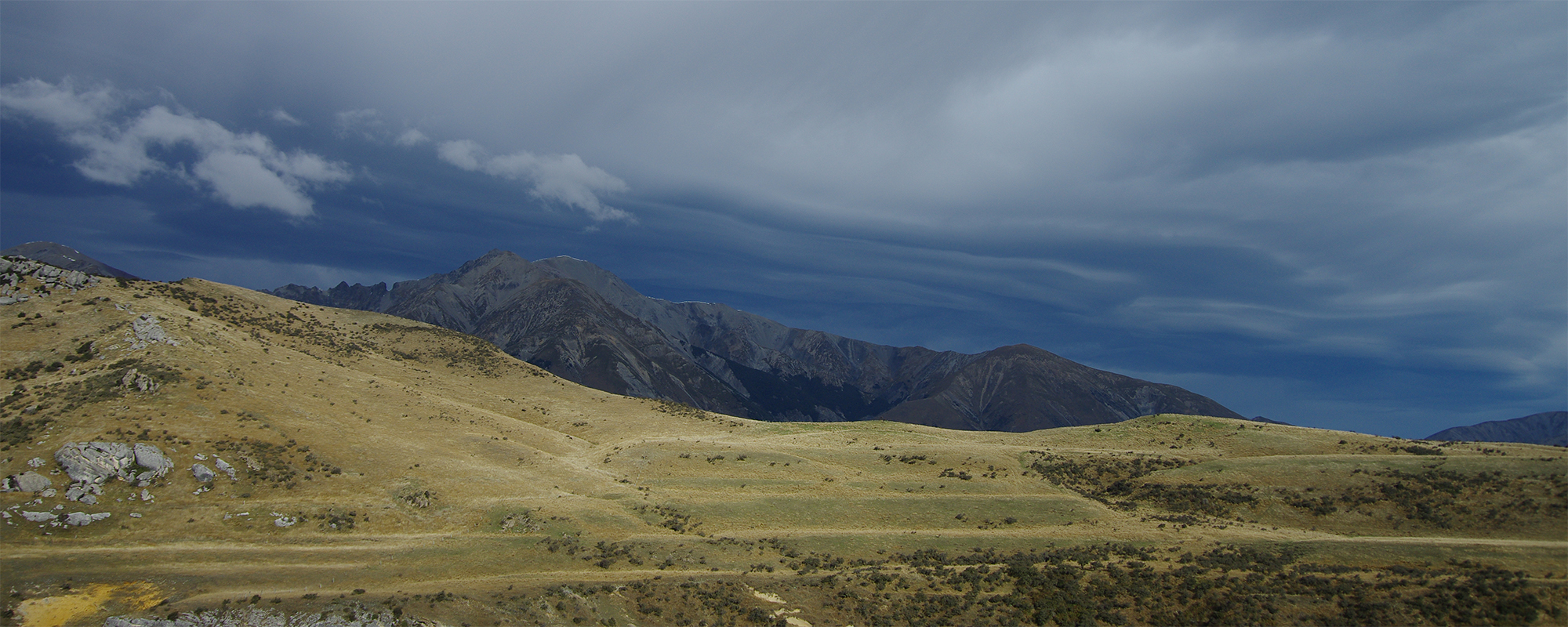
Postgraduate Physical Geography –
Take your skills and knowledge further with postgraduate research in Physical Geography.
Our physical environment is constantly changing and being shaped by natural processes of the atmosphere, oceans and the Earth. Physical Geography is the study of these processes—the ways they have formed the Earth's surface, how they interact with one another and the way that humans interact with them.
Build your research skills alongside dedicated researchers, internationally recognised for their work in the fields of geography and earth sciences—with Victoria University of Wellington ranked among the top 100 for Geography in the world in the 2023 QS World Rankings. Their connections mean you’ll have the opportunity to engage with members of the wider Wellington geoscience community. Alongside this world-class expertise, you'll develop new knowledge of the Earth's processes through work both in the field and the laboratory.
Available qualifications
You'll hone your knowledge of the Earth's processes through work in the field and the laboratory, and gain further skills in written and spoken communication. Develop your understanding of Geographic Information Systems (GIS) and how it can be used to map the way our Earth has been made and is changing.
Issues unique to Aotearoa
You'll focus on issues that are vitally important to New Zealand's unique resource management concerns—issues of climate change, landscape stability, water resource management, and terrestrial and marine hazards and risks.
The Canterbury earthquake sequence occurred part way through my research and proved a very humbling introduction to why I was researching active faults.
Full storyWilliam Ries, Master of Science in Physical Geography
Geospatial Scientist at GNS Science
Links to research institutes
Depending on what you study, you could work with the University's Antarctic Research Centre or Climate Change Research Institute. These two research centres are renowned internationally for their innovative research on some of the world's biggest environmental and climatic changes.
Research topics
Master's and PhD students will carry out independent research projects. Focus on land and water resources, or contemporary Earth surface processes in an area such as landslides or hydrology. Get an in-depth understanding of the processes that are shaping our Earth and learn to explain the geographic patterns of landforms, soils, vegetation, coasts, and climate.
Careers
With a well-developed knowledge of New Zealand's physical landscape and resources, Physical Geography graduates are highly sought after. You could find work at a Crown research institute like GNS Science or NIWA, in local, regional or central government or at a private environmental consultancy like Opus or Tonkin and Taylor.
Last summer I was lucky enough to get an internship with an engineering firm (through the University) as an environmental scientist. I'm currently employed part time with the same company as a graduate engineering geologist.
Full storyBrad Cosgrove
Master of Science in Physical Geography student
Community
Postgraduate study at Victoria University of Wellington will help you build valuable relationships and networks with peers, university staff and future colleagues.
You'll have opportunities to attend events, seminars, workshops and social functions. The Postgraduate Students' Association can give you information on study at the University and provides a voice for you on campus.

As well as sitting at the heart of New Zealand's scientific community, Wellington is home to some of New Zealand's most interesting physical features—like a major faultline and a wild, windswept coast. The city's central location means it's close to both the glacial landscapes of the South Island and the North Island's Volcanic Plateau.
Scholarships
You can look for scholarships based on your level of study, subject area, and background.




